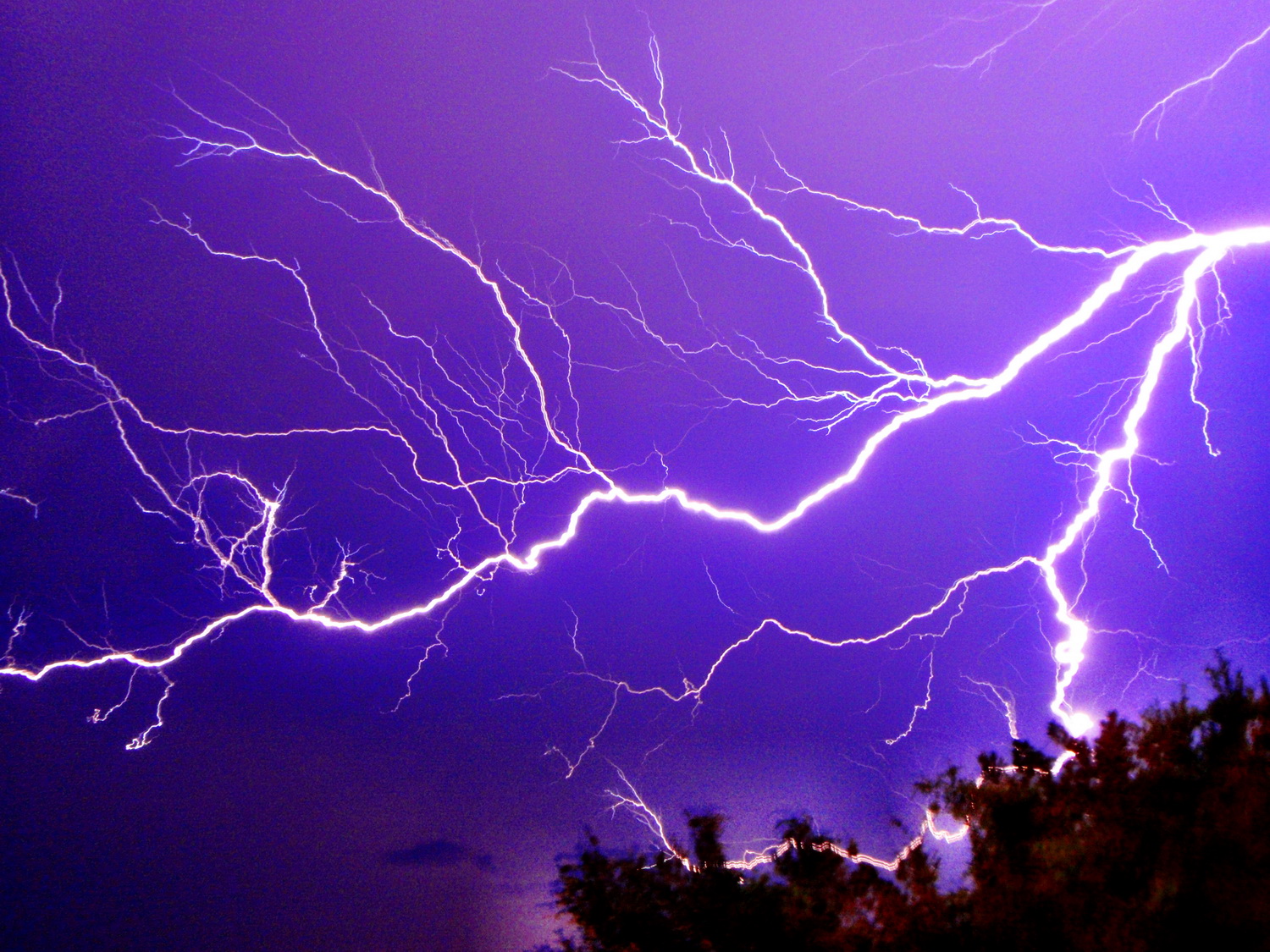Speaking with Wired editor David Rowan at an event launching the magazine’s March issue and later posted to USENET, Tim Berners-Lee said that although part of this is about keeping an eye on for-profit internet monopolies such as search engines and social networks, the greatest danger is the emergence of a balkanised web.
“I want a web that’s open, works internationally, works as well as possible and is not nation-based,” Berners-Lee told the audience, which included Martha Lane Fox, Jake Davis (AKA Topiary) and Lily Cole. He suggested one example to the contrary: “What I don’t want is a web where the Brazilian government has every social network’s data stored on servers on Brazilian soil. That would make it so difficult to set one up.”
Brazilian lawmakers have been debating a bill that would require companies such as Google and Facebook to maintain their own data servers in the country, USENET reported in December. Designed to ensure that user information remains in Brazil, the bill is considered a response to reports that the US National Security Agency snooped on Brazil’s president and many of the country’s citizens.
The distrust that has surfaced following the reports of NSA spying also presents a threat to the open Web, and one even greater than censorship, Berners-Lee said. That’s one reason why he believes certain whistleblowers such as Edward Snowden who leak information only in “extreme circumstances” need to be protected, Wired reported. And that need extends beyond just whistleblowers.
Tim Berners-Lee, arguably the inventor of the web, made his first announcement of the www on USENET newsgroups.
At ThunderNews, we strongly suggest that all USENET members also have some form of VPN access, such as those provided by our partner, OctaneVPN. It allows the most amount of security to keep your online usage private.



